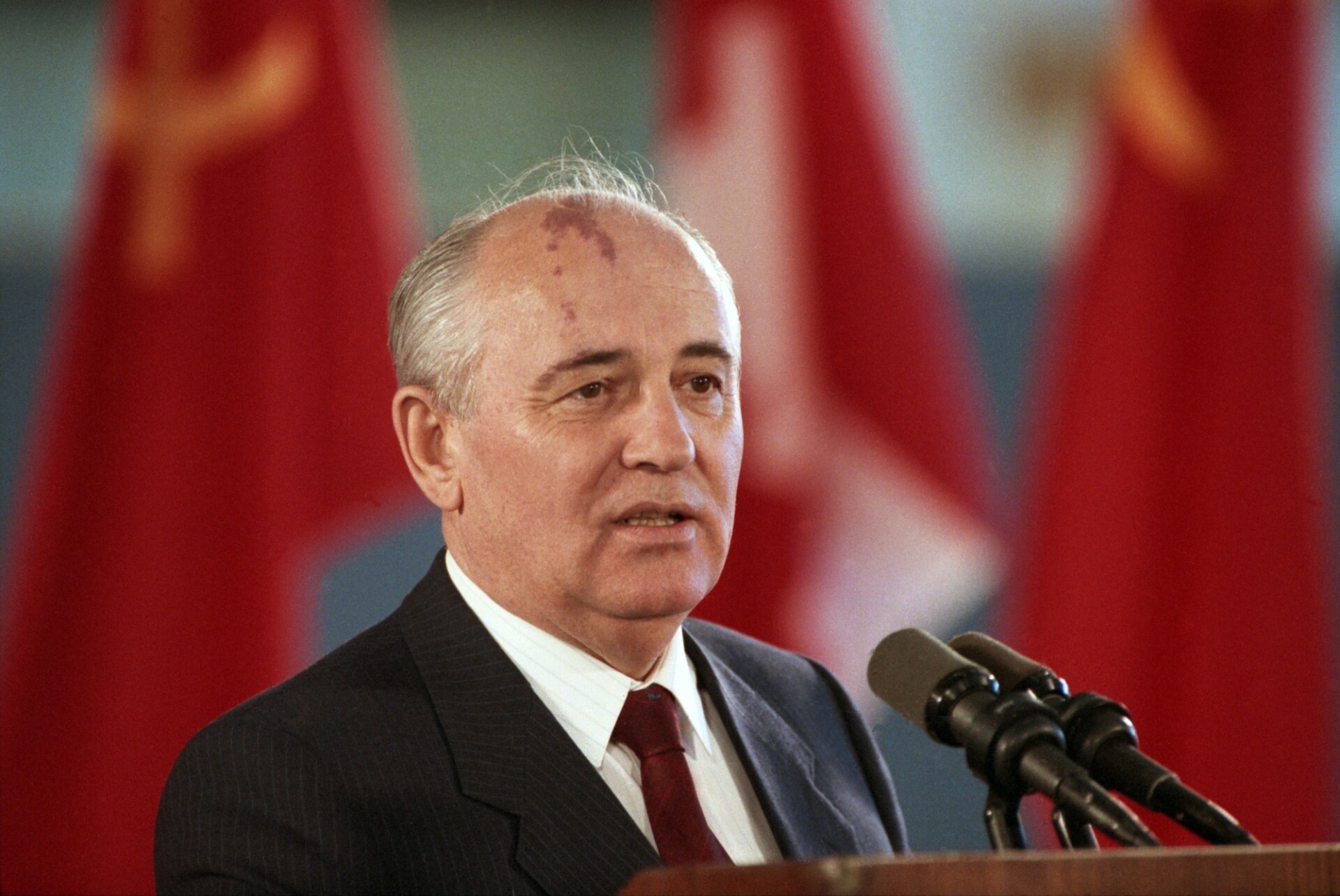Compared to Christmas Day, 26 December was always bound to be an afterthought. How can it compete with the birthday of the Son of God? But baby Jesus must have cried on his first full day on Earth as other newborns do; and his parents suffered the ordinary pains associated with the arrival of a baby, though neither the Bible nor tradition relate what the family did on Boxing Day.
Most of the historical events associated with today’s date that can be reliably described are military in nature. No wonder, as battles were short and sharp for much of human history, and some of the only occurrences, along with royal birth and death, to be reliably and systematically recorded.
Boxing Day’s proximity to Christmas offers opportunities to bold captains just as they can prove fatal to the complacent. On Christmas evening 1776, the Hessian officers, according to a somewhat dubious folk tradition, made merry all night, thinking that the holiday observance and ghastly weather outside made an American attack unlikely.
Meanwhile, George Washington led his troops across the freezing Delaware River. A few hours later on the 26th, the revolutionaries won a resounding victory, and the military reputation of the Landgraviate of Hesse-Cassel never recovered. “Unappalled by surrounding dangers, he passed to the hostile shore; he fought; he conquered,” as his funeral elegy said, 23 years to the day after the event.
Around 167 years after the Hessians surrendered in New Jersey, the crew of the German battlecruiser Scharnhorst sailed on Christmas Day to intercept a convoy to Russia in such haste that its Christmas trees had to be thrown overboard. By the end of the 26th, all but 36 of the departing crew, numbering just under 2,000 souls, had perished in the frigid waters of the Barents Sea, the victim of superior British radar equipment and gunnery.
Bad weather, just like surprise, seems to be a constant in accounts of Boxing Day. In 1825, 3,000 mutinous Russian troops lined up on the great Senate Square at Saint Petersburg, calling for the accession of Grand Duke Constantine to the imperial throne over his younger brother, the ill-starred Grand Duke Nicholas.
A large cavalry charge was launched, then failed miserably as the horses slipped on the ice and fell alongside their riders. It took a few whiffs of grapeshot to crush the revolt, and afterwards it was said that dead bodies were dumped into the Neva River through holes in the ice.
But wait. The Russians still kept time according to the Julian calendar. To the rebellious Life Guards, it was still 14 December, another perfectly ordinary day except for the coincidence of the winter solstice. In any case, Orthodox Christmas would not be for another 13 days that year, by which time the surviving rebels were being hunted down, some to be sent into that legendary Siberian exile.
A Russian event which definitely happened the day after Christmas was the dissolution of the Soviet Union in 1991. The timing had been something of an accident: Mikhail Gorbachev was meant to address the Soviet people on the 25th, and the hammer-and-sickle flag was supposed to come down on the evening of 31 December to allow for a fresh beginning in 1992.
The timetable had come as a great inconvenience to American officials who, unbeknownst to the Soviets, celebrated Christmas on Christmas Day, not Christmas Eve as in the Eastern tradition. But Boris Yeltsin upset things by having the Russian tricolour hoisted on the Kremlin immediately after Mikhail Gorbachev’s resignation broadcast on the 25th.
It was the following day, the 26th, that the Soviet Union was legally extinguished, when the upper house of the Soviet parliament voted to ratify its end. A press photograph of the day shows a near-empty auditorium, with dejected men in cheap suits.
At the end of the proceedings, the chairman wished those present a happy new year. It was, he said, the year of the monkey in the Asian calendar. The year of the monkey had the reputation of being a difficult year but, he hoped, would be easy if all those present behaved with dignity and honesty. Perhaps he was even right.











Join the discussion
Join like minded readers that support our journalism by becoming a paid subscriber
To join the discussion in the comments, become a paid subscriber.
Join like minded readers that support our journalism, read unlimited articles and enjoy other subscriber-only benefits.
Subscribe